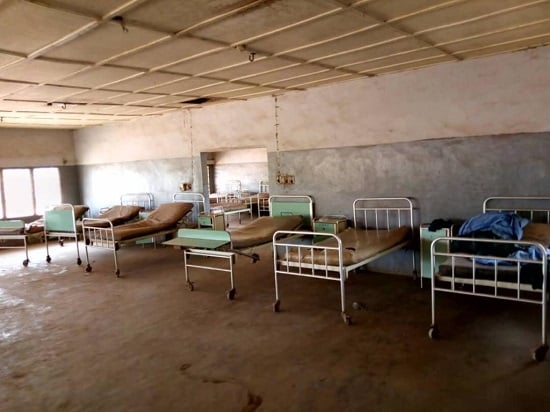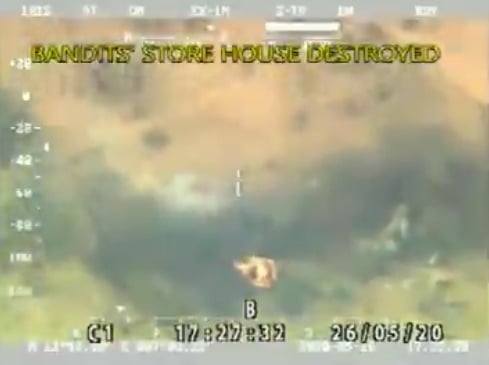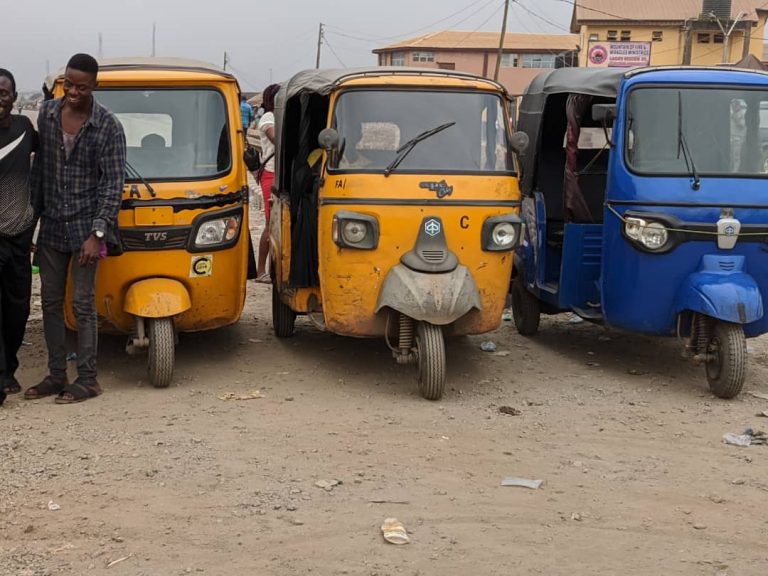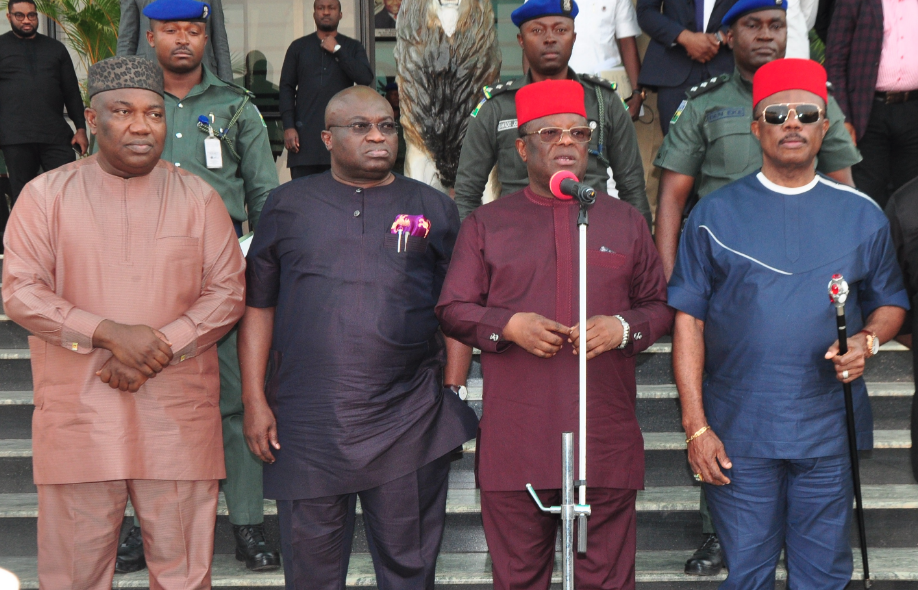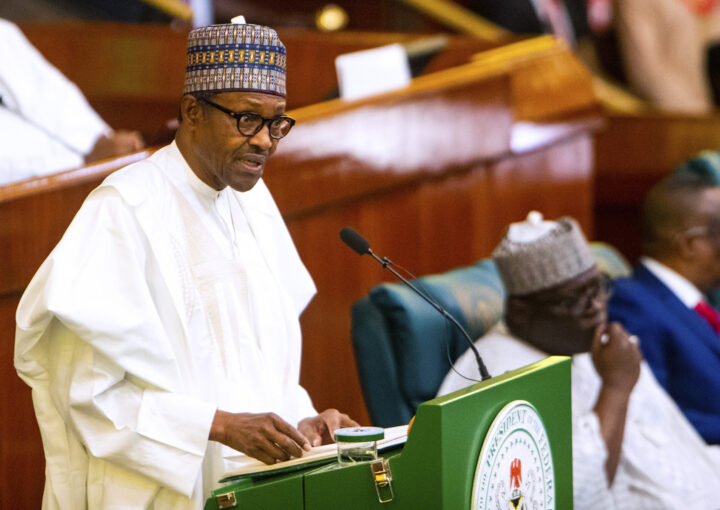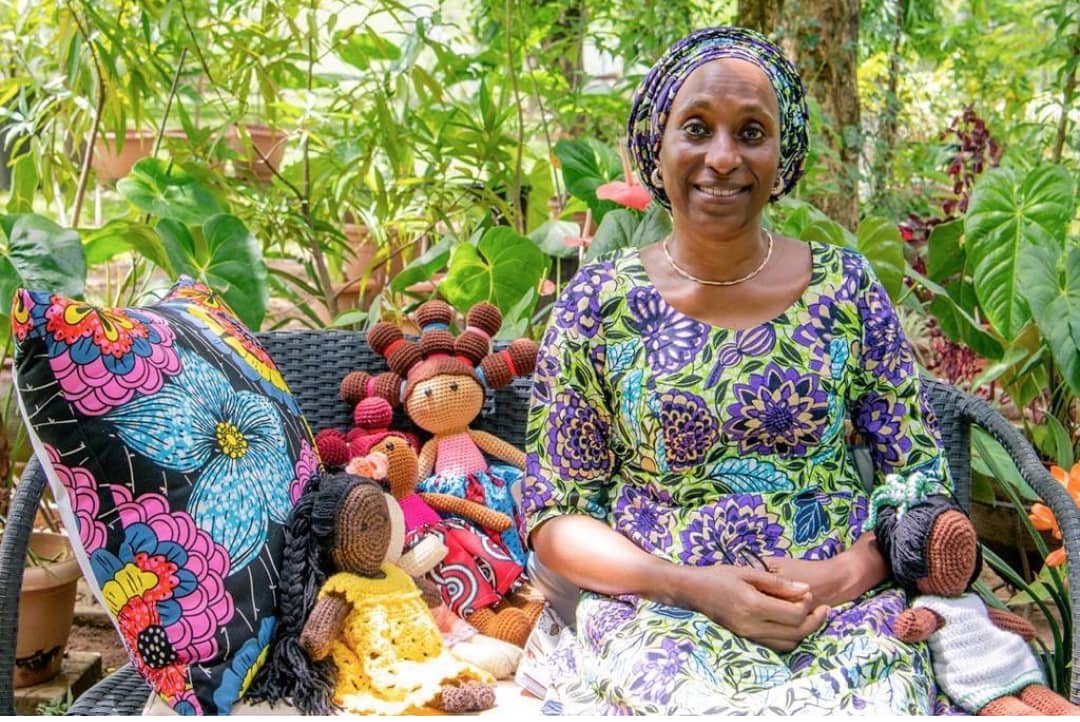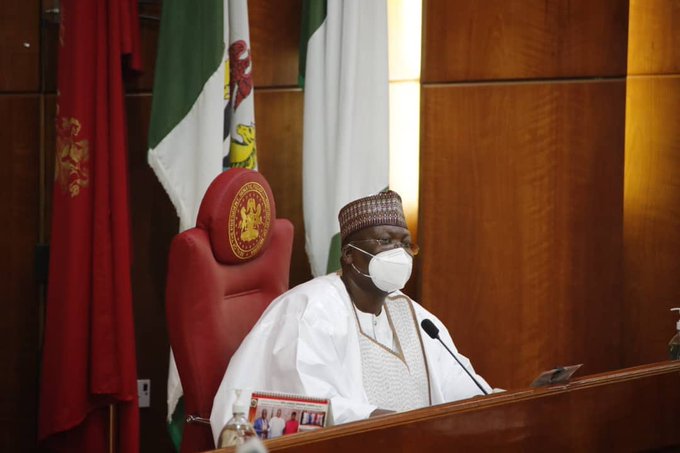Yahaya Memorial Hospital in Ankpa LGA, said to be one of the isolation centres for COVID-19 in Kogi
It was scorching hot on Saturday afternoon in Lokoja, Kogi, when Godwin (not real name) visited one of the hospitals in the state capital to report that he was having coronavirus symptoms. According to a doctor who saw him, Godwin’s head was aching and his body was hot like it was being microwaved; his coughs, dry and continuous; his heart in pains while his oxygen saturation point was 80 percent, far below the minimum 95 percent when a patient needs supplemental oxygen.
“He has the complications (similar to COVID-19) already,” a doctor at the Federal Medical Centre, Lokoja, said, and when asked to re-confirm if the patient truly had chest pains and other symptoms, he responded: “He has all of it. So, that one, you know that the probability that it is corona (common reference to the coronavirus among Nigerians) is very high.”
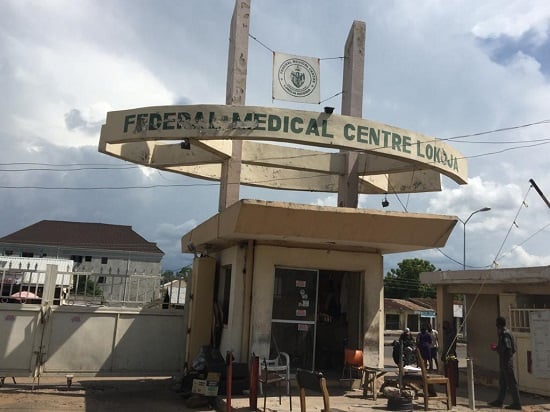
On Wednesday night, the Nigeria Centre for Disease Control (NCDC) finally announced two positive cases of COVID-19 in Kogi state after weeks of drama, but the state government quickly issued a statement rejecting the results and maintaining that the state is still free of the coronavirus.
In reality, many patients report to FMC and Kogi Specialist Hospital after having symptoms similar to those of COVID-19, but none of them gets tested, causing panic among doctors and residents.
Advertisement
“We are not testing so you can’t say,” said the doctor at FMC who, like most others who spoke to TheCable, asked not to be mentioned for fear of being punished by the state authorities. The state government is believed to have warned health professionals and other workers against giving out any information.

At FMC and the Kogi Specialist Hospital, many doctors and other hospital staff declined to speak on the issue when approached by TheCable.
“We don’t want any trouble,” a staff member said while those who agreed to talk did so anonymously.
Advertisement
NO TEST, NO CASE — SO, NO WORRIES
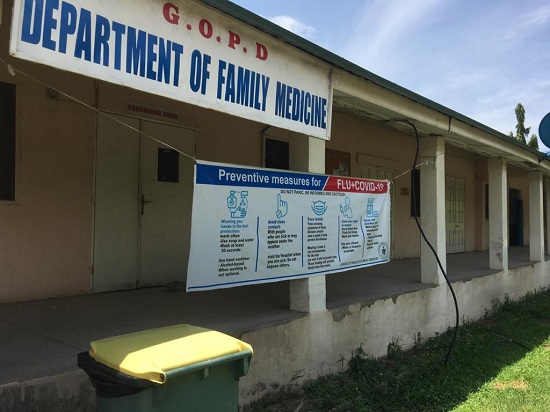
While Kogi claimed 111 residents were tested for the virus in one day, the May 18 situation report of the NCDC showed only one person in Kogi has been tested for the virus and the result was negative.
Prior to Wednesday, Kogi had no record of coronavirus because of lack of test. But the state recorded its first two cases on Wednesday. Sadly, many residents have described COVID-19 as a hoax. Very little or nothing in Kogi shows Nigeria is currently battling a pandemic or that the federal capital territory which it shares a boundary with, has so far recorded not less than 500 cases, thereby exposing residents to the risk of infection.
Through the days TheCable reporter spent in the state, many on the roads were without face masks, movement flowed freely through the streets, businesses boomed, social distancing was ignored while entry and exit to and fro Abuja was without hitches despite the ban on inter-state travel.
Asked why he was not wearing a face mask, a motorcyclist said: “All na scam, corona no dey anything. No be wetin Yahaya Bello talk? You know hear say he chase them (NCDC) comot for Kogi?”
Advertisement
HEALTH WORKERS APPREHENSIVE
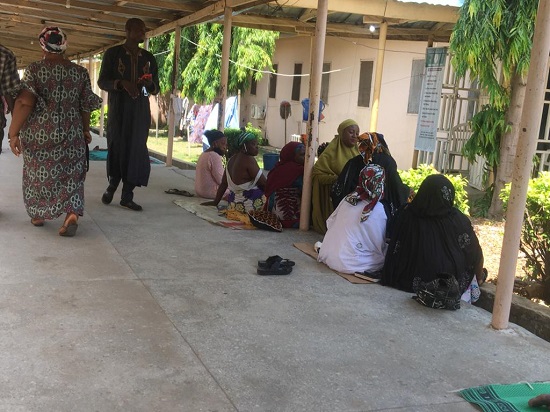
For the health workers in the state, the situation is akin to fighting an unknown enemy. They cannot say if patients reporting that they have symptoms related to coronavirus are carriers of the disease to determine how to manage them and worse, they don’t know how exposed they are to such patients in case they are truly infected.
Doctors at the Specialist Hospital and FMC told TheCable that although there is no unusual number of patients reporting that they have symptoms at the hospital, they are in a dilemma as to how to manage such patients.
Kabir Zubari, chairman of the Nigerian Medical Association (NMA) in the state, said his colleagues are apprehensive, and worried about their safety having been left in the dark.
“They (the state) believe that until a patient has all the features, maybe history of travel or contact with infected patients, you cannot be tested. That is basically the reason (for lack of testing),” he said, but added that “when you are waiting for all the features, you may not get it.”
Advertisement
“There is a lot of politics going on. Everybody is apprehensive as we speak, because you may not know what you are dealing with. We have heard in other states about doctors unknowingly treating some patients and getting infected.”
Samuel Obajemu, chairman of the Kogi chapter of the Joint Health Sector Union (JOHESU), expressed similar concerns, saying the process of testing is “taking time”.
Advertisement
“You can see activities here and there; people live their life carefree and in the end, we in the health sector are at the receiving end,” he told TheCable.
“The state has procured antigen-based testing kits and we hope they set it up soon but it is taking time for this to be done. Let us just have that belief there is no COVID-19 because if there was, maybe it would have killed so many people as seen in Kano.”
Advertisement
Obajemu also said there have been “many cases of patients reporting similar symptoms(of COVID-19) and this has caused a lot of panic in the past. If you are treating pneumonia or malaria and it is COVID, you are causing more harm to the person’s body system.”
SUSPECTED CASE ABSCONDS FROM HOSPITAL
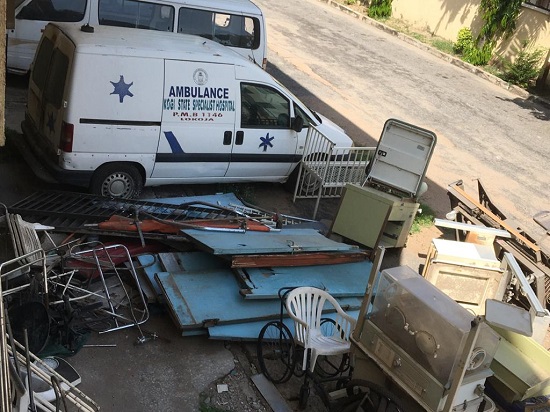
A senior doctor at FMC told TheCable of a patient who reported symptoms of coronavirus and later ran away because of stigma; two other patients with severe symptoms have also died at the hospital recently.
Advertisement
“Because we are not having these tests, you cannot for sure say this is a case (of coronavirus). That is where the dilemma comes for us,” said the doctor who did not want to be named.
“If somebody comes and says they are having fever, cough and the person is restless and having difficulty in breathing, as far as we are in this COVID era, you must have a high index of suspicion because you don’t know who that person has come in contact with.
“Some (patients who reported symptoms related to those of the virus) were treated and got better and were discharged. They are treated based on the symptoms they are presenting. We have an instance where somebody absconded; where the person went, nobody knows.
“There are some instances where people died, maybe two; they came into the hospital and after a short while, they died. But if it is a normal setting and there is no COVID, it is not unusual that somebody comes to the hospital with severe symptoms and after a while, the person dies.”
TheCable visited three cemeteries at Lokongoma, New Layout and Adankolo and found out that there were no recent or unusual burials.
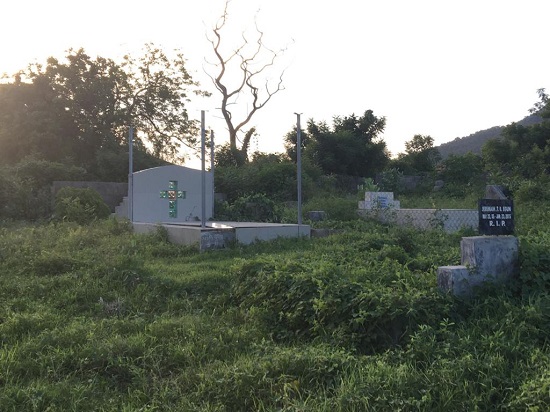
ISOLATION CENTRE ABANDONED
From interaction with residents and health workers, it is widely believed that “lack of adequate preparation” for such health crisis as the pandemic could be responsible for the state’s failure to test. For instance, the government had listed a block at FAREC Clinic, Lokoja, as an isolation centre designated for COVID-19 patients but findings showed the place serves as such only on paper. Apart from gradually being overtaken by grass, there is nothing at the centre that shows it is fit for use for any purpose, much less for patients.
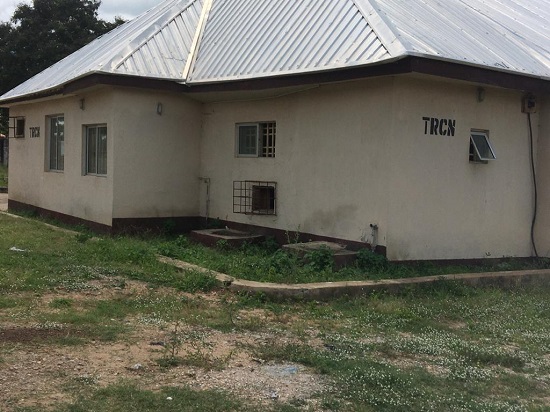
On two occasions when TheCable reporter visited the centre, no one was seen within the premises which was under lock. The place was infested with dusts and cobwebs, suggesting that it has not been opened in a long time. Perhaps, the only sign that indicates the block is an isolation centre is an iron road that crossed some pillars by the entrance which read: “COVID-19 Isolation Centre, out of bound for non-staff”.
TheCable gathered that it was not until Friday that the government inaugurated the Kogi Diagnostic Centre, also within Lokoja, to be used as an isolation centre. The reporter could not gain entrance into the building as the gate was locked and a van of the Nigeria Security and Civil Defence Corps (NSCDC) was seen on the premises.
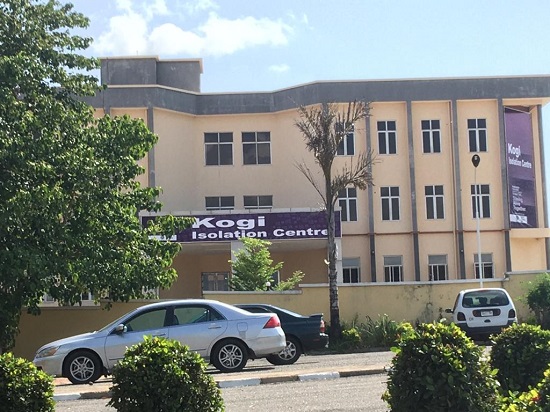
THE PROBLEM WITH KOGI’S COVID-19 MANAGEMENT STRATEGY
Adequate efforts are not in place to prevent an outbreak of coronavirus in Kogi. For instance, apart from a website where the state listed some information about the virus, no notice or advertisement promoting guidelines against it were seen on the streets of Kogi.
At virtually all public places including the government house, residents did not comply with safety protocols listed by health authorities. At the FMC which is one of the very few places you are not permitted to enter without a face mask, that measure only applies at the entrance gate as a lot of persons seen within the hospital premises were either not wearing one at all or covering only their jaw.
To assess how prepared the facility was in attending to persons showing some symptoms related to coronavirus, TheCable reporter posed as a patient with intense cough, fatigue and chest pain who was seeking to see a doctor, and as a result spent some hours at the facility.
Surprisingly, despite the frequent coughs, there was no extra caution from both the health workers that attended to the reporter, from the stage of getting a hospital card through to the point of meeting a doctor who had only a cloth face mask as an extra caution.
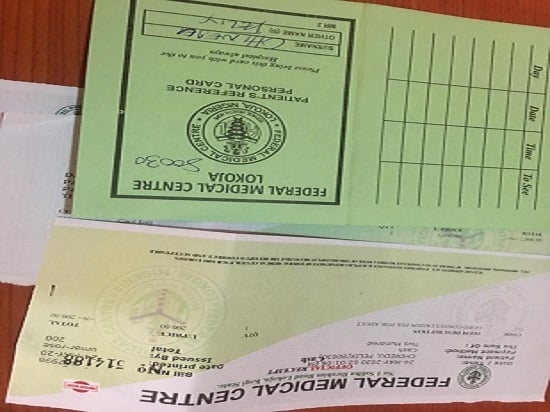
On the state’s COVID-19 response website, an application is listed — but only for android users. A self assessment is also available on the platform to help individuals determine their health status, but how many residents have access to such service? Two weeks after the state said it has tested 111 persons for coronavirus, the number of those tested remains the same on the platform, suggesting that no patient has been tested again since then.
FINALLY, THE GOVERNMENT PROCURES KITS
Few days doctors in the state raised the alarm about lack of testing, the government invited them to a meeting where they informed that the state had procured some antigen-based test kits which it intends to deploy for testing.
An antigen test, according to Albert Shaw, MD, a professor of medicine at Yale School of Medicine, is used to “detect the presence of a protein—the nucleocapsid protein—which is part of the SARS-CoV-2 virus that is the cause of COVID-19.”
This means that unlike the polymerase chain reaction (PCR) tests that detect the genetic material from the virus which can help diagnose an active COVID-19 infection, antigen tests look for those fragments of antigens within a person’s body to see if they’re infected with the virus.
In addition to quick results—they can provide outcomes within 15 minutes, antigen tests are also cheaper and easier to use, compared to other tests available.
But various bodies including the United States Food and Drug Administration (FDA) and NCDC have often urged caution in its use because they are not as accurate as tests done in molecular laboratories certified for COVID-19 testing.
Like it does with Abuja, Kogi shares a boundary with Edo, and both states have NCDC-coordinated molecular laboratories where COVID-19 tests are run. Why the government prefers antigen-based testing to sending samples to the laboratories is not clear, but some persons in the state suspect “politics.”
“We can’t tell why but the politics is real,” a medical doctor at FMC told TheCable. “The politics between the state and NCDC is evident but that is really not our business.”
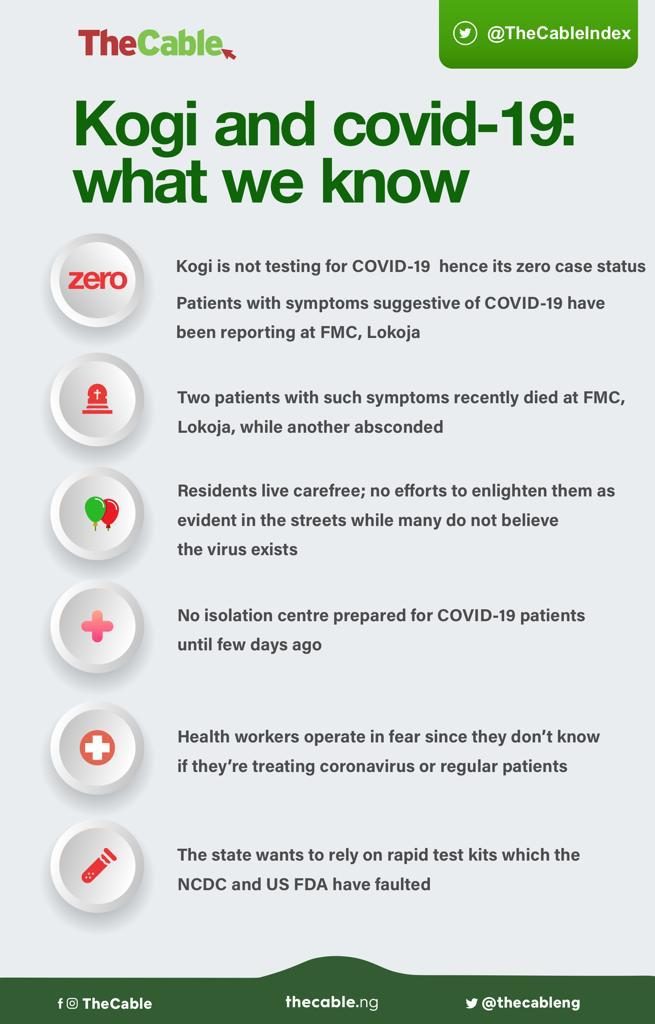
DOCTORS: SAVING LIVES OR THEMSELVES?
In January 2018, Idowu Ahmad, a medical doctor, was infected with Lassa fever while treating a patient with the disease at the FMC. According to reports, he was treating the patient without being properly kitted to protect himself. Barely 48 hours after his diagnosis, Ahmad, who was only a year into the medical profession, lost his battle to the disease.
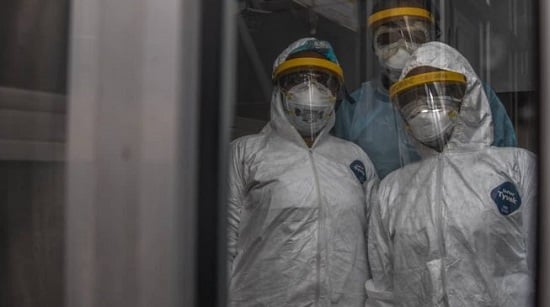
More than two years down the line, that experience is still fresh in the minds of his colleagues. With the current situation of the health sector in Kogi, they are torn between ensuring they are well protected and abiding by the the Physician’s oath which binds every Nigerian doctor to “consecrate my life to the service of humanity” with “the health of my patient (as) my first consideration.”
A doctor, who knew Ahmad, said while their hazard allowance is yet to be increased almost three months after the federal government reportedly promised to do so, the experience of the late doctor had taught them a lesson “to make sure we are protected while we are discharging our work.”
“He (Idowu) was a breadwinner, so you know the ripple effect. No matter what you do for those families, the fact that they don’t have a breadwinner is a problem. And you discover most doctors, by virtue of their position and the kind of family they come from, are major breadwinners in their family. So, what happens to the children, what happens to the parents at home and others?” the doctor asked.
“The fact that we are doctors doesn’t mean that we should… it is like asking someone to go to a battlefront with nothing. We don’t want to do that. At least in warfare, you know who your enemy is, then you plan on how to tackle it.”
But how do you protect yourself when you don’t even know what you are dealing with: whether they are regular symptoms or indeed a case of the coronavirus?
“We have advised doctors to make sure you use your PPEs and attend to patients. Once you can’t beat the authorities, you have to look for a way out,” Zubari, who heads the NMA in the state, told TheCable.
“What we have done is to look for an easy way out. The state has bought rapid diagnostic test kits. It will make it easier instead of sending samples. With that, we can manage. It is still better than nothing. We have to make do with what is available.”
‘KOGI IS FINE’
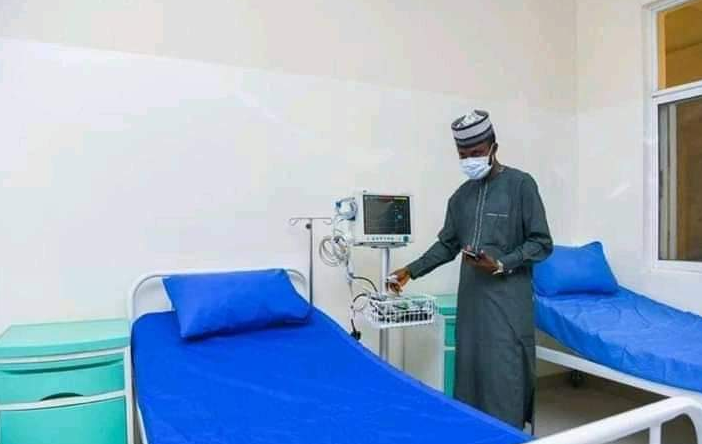
The state commissioner for health was not reachable. Several calls were put through to him and text messages were also but no response. Austin Ojotule, the state epidemiologist, declined comments when contacted on Tuesday morning.
However, Kingsley Fanwo, the commissioner for information, told TheCable via text that “Kogi is fine”, and that “our enlightenment is the best in the country.”
“It is not true that we abandoned any of our isolation centres. They are all in good shape to deal with any eventuality. I can go with you to FAREC (Clinic) to prove you wrong.” he said, but kept mum when sent the pictures taken at the clinic and Yahaya Memorial Hospital where the state claims to have isolation centres.
He also said the newly commissioned isolation centre is “top notch”, adding: “We have been able to enlighten our people to take personal responsibilities and that is what is working for us. We have carried out scores of tests and all have been negative.”
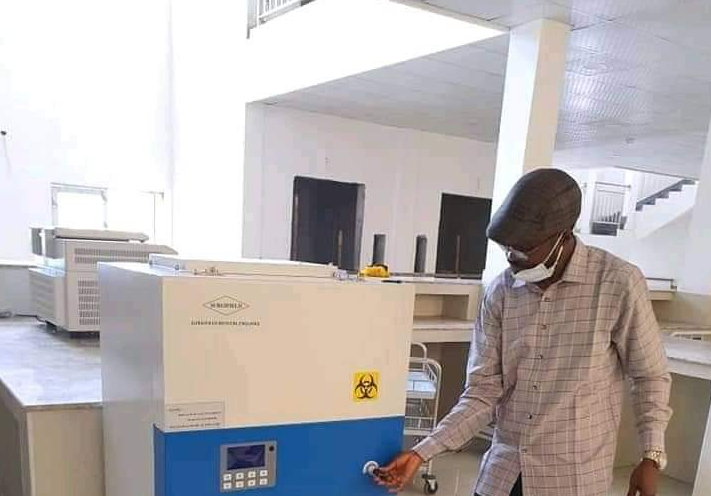
Asked to give the number of tests for coronavirus the state has conducted, Fanwo said, “I have no specific number on my fingers right now. But I know many have been tested,” even though the state COVID-19 response website as at Wednesday still says 111 samples have been tested.
On the risk in preferring rapid test kits found to have been faulty to NCDC-monitored molecular laboratories, the commissioner said: “All of us are learning on the go. No test kit is completely error proof, even they ones they are using.”
This is a special investigative project by Cable Newspaper Journalism Foundation (CNJF) in partnership with TheCable, supported by the MacArthur Foundation. Published materials are not views of the MacArthur Foundation.

